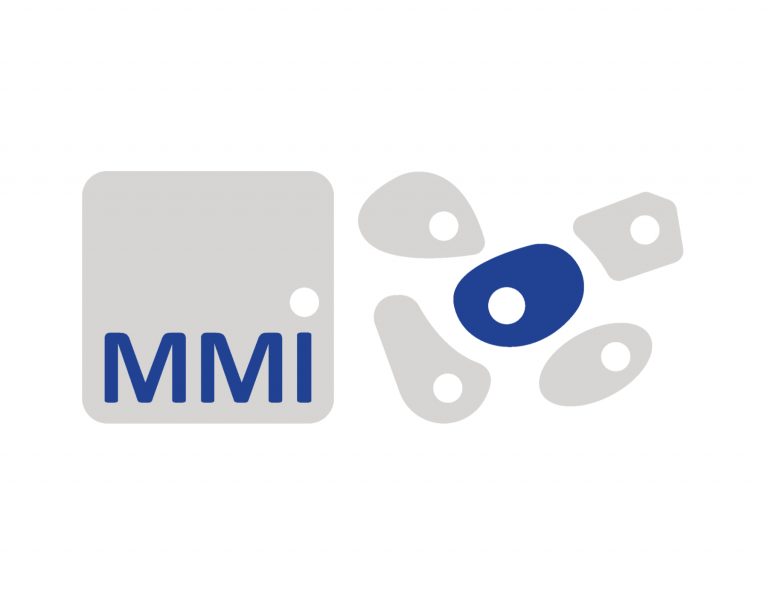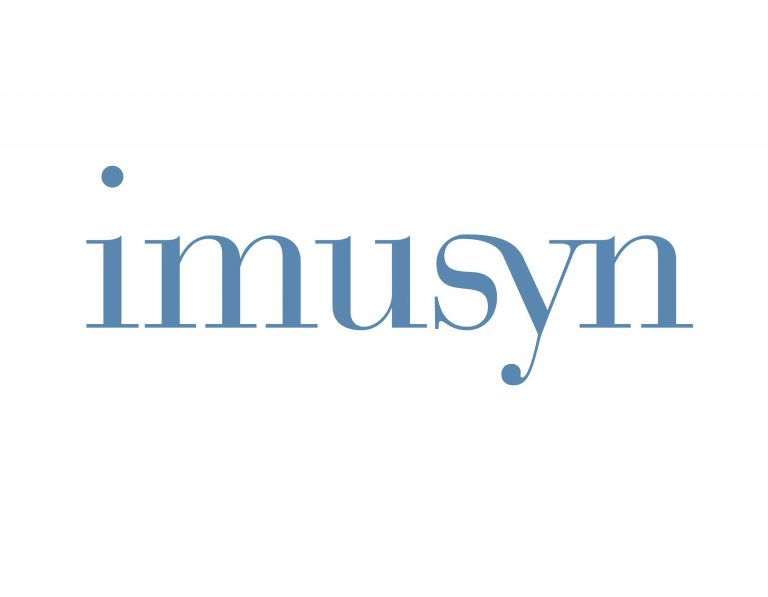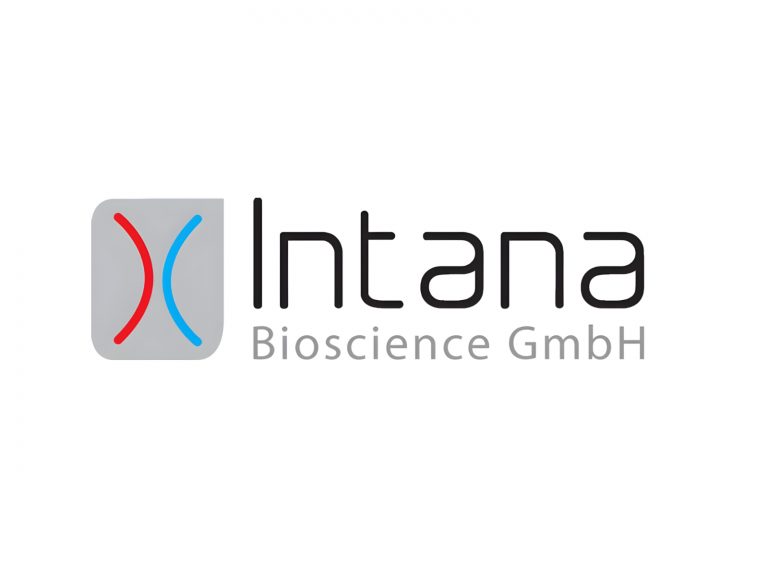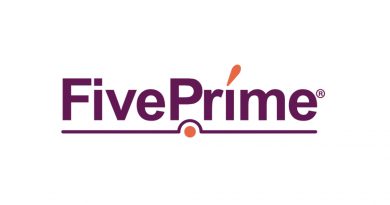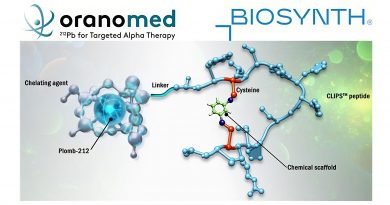GSK’s ADC Blenrep Cuts Risk of Multiple Myeloma Progression by Nearly 50% in Phase III Trial
British pharma giant GSK has announced positive results from an interim analysis of the DREAMM-8 phase III head-to-head trial evaluating Blenrep (belantamab mafodotin), in combination with pomalidomide plus dexamethasone (PomDex), versus a standard of care, bortezomib plus PomDex, as a second line and later treatment for relapsed or refractory multiple myeloma. These late-breaking data presented at the 2024 American Society of Clinical Oncology (ASCO) Annual Meeting (31 May – 4 June) in Chicago, IL, were featured in the official ASCO press programme and simultaneously published in the New England Journal of Medicine.
Blenrep is an antibody-drug conjugate comprising a humanised B-cell maturation antigen monoclonal antibody conjugated to the cytotoxic agent auristatin F via a non-cleavable linker. The drug linker technology is licensed from Seagen Inc.; the monoclonal antibody is produced using POTELLIGENT Technology licensed from BioWa Inc., a member of the Kyowa Kirin Group.
On the primary endpoint of progression-free survival (PFS), a statistically significant and clinically meaningful improvement (hazard ratio [HR]: 0.52 [95% confidence interval (CI): 0.37-0.73], p-value<0.001) was observed with the belantamab mafodotin combination (n=155) compared to the bortezomib combination (n=147). At a median follow-up of 21.8 months, the median PFS was not yet reached (95% CI: 20.6-not yet reached [NR]) with the belantamab mafodotin combination compared to 12.7 months (95% CI: 9.1-18.5) in the bortezomib combination. At the end of one year, 71% (95% CI: 63-78) of patients in the belantamab mafodotin combination group compared to 51% (95% CI: 42-60) in the bortezomib combination group were alive and had not progressed. A benefit for belantamab mafodotin plus PomDex was observed across all pre-specified subgroups including those with poor prognostic features, such as patients who were refractory to lenalidomide and patients with high-risk cytogenetics.
Hesham Abdullah, Senior Vice President, Global Head Oncology, R&D, GSK, said:
“With the robust results from the DREAMM-8 phase III head-to-head trial, we now have consistent data from two phase III trials supporting the potential for Blenrep combinations to redefine the treatment of multiple myeloma at or after first relapse. This is exciting news given the high unmet need for new and efficacious combinations once patients relapse or stop responding to initial treatments. We continue to share data and discuss our path forward with regulators.”
A positive overall survival (OS) trend was observed but not statistically significant (HR: 0.77 [95% CI: 0.53-1.14]) at the interim analysis. OS follow-up continues and further analyses are planned. At the end of one year, 83% (95% CI: 76-88) of patients were alive in the belantamab mafodotin combination group versus 76% (95% CI: 68-82) in the bortezomib combination group. The safety and tolerability profile of the belantamab mafodotin combination was broadly consistent with the known profile of the individual agents.
Suzanne Trudel, MD, Department of Medical Oncology and Hematology, Princess Margaret Cancer Centre, University Health Network, Toronto, Canada, said:
“The profound progression-free survival benefit seen in DREAMM-8 highlights the potential for belantamab mafodotin, when used with pomalidomide and dexamethasone, to improve outcomes for patients with relapsed/refractory multiple myeloma. This combination may have potential to redefine treatment of multiple myeloma at or after first relapse, a setting where patients may benefit from novel therapies.
Similar to the results seen in the DREAMM-7 phase III head-to-head trial, in DREAMM-8 the belantamab mafodotin combination also resulted in clinically meaningful improvements consistently across secondary efficacy endpoints, showing that the belantamab mafodotin combination resulted in deeper and more durable responses compared to the bortezomib combination. Key improvements included rate of complete response (CR) or better (more than twofold improvement); minimal residual disease (MRD) negativity rate (nearly fivefold improvement); and duration of response (median not yet reached with the belantamab mafodotin combination versus 17.5 months with the bortezomib combination).
About the DREAMM-8 Phase III Clinical Trial
The DREAMM-8 phase III clinical trial is a multicentre, open-label, randomised trial evaluating the efficacy and safety of belantamab mafodotin in combination with PomDex compared to a combination of bortezomib and PomDex in patients with relapsed/refractory multiple myeloma previously treated with at least one prior line of multiple myeloma therapy, including a lenalidomide-containing regimen, and who have documented disease progression during or after their most recent therapy. Compared to the patient population studied in the DREAMM-7 trial, patients in DREAMM-8 were more heavily pre-treated in that all had prior exposure to lenalidomide, 75% were refractory to lenalidomide, 25% had prior daratumumab exposure and of those most were daratumumab refractory.
A total of 302 participants were randomised at a 1:1 ratio to receive either belantamab mafodotin plus PomDex, or bortezomib plus PomDex.
The primary endpoint is PFS as per an independent review committee. Key secondary endpoints include OS, minimal residual disease negativity as assessed by next-generation sequencing, and duration of response. Other secondary endpoints include ORR, patient-reported quality of life outcomes, adverse events, eye exam findings, and laboratory investigations.
Find out more at gsk.com
Currently, therapeutic options for multiple myeloma encompass Darzalex from Johnson & Johnson, along with various generic oncology medications. Recently, in April, the U.S. Food and Drug Administration (FDA) granted approval for two cell-based therapies, Carvykti from J&J and Abecma from Bristol Myers, to be administered as initial treatments for cases of multiple myeloma that are not as advanced.
Recommended Companies
More Headlines


